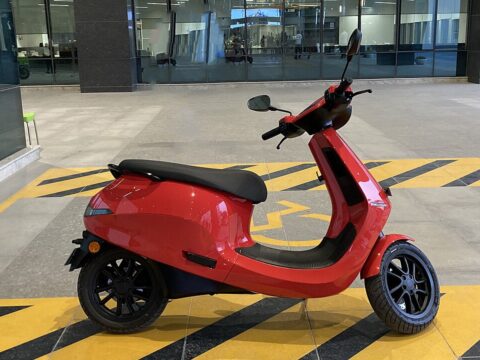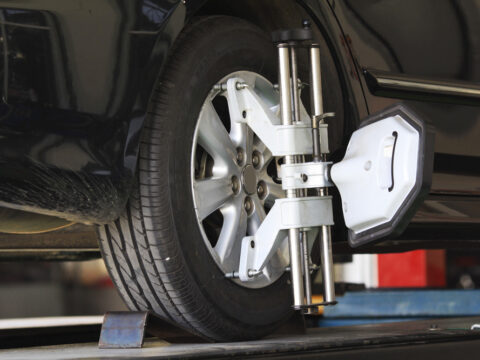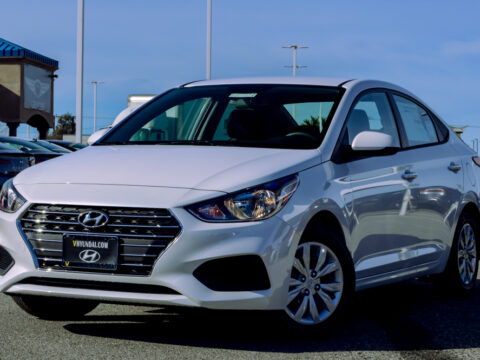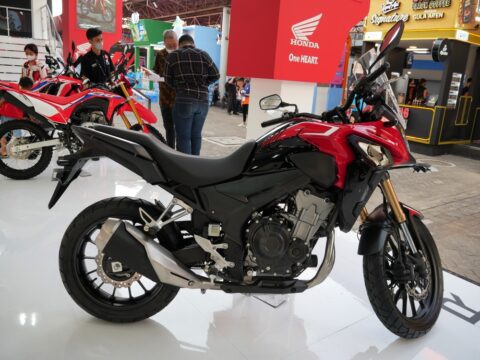Hybrid cars are often praised for their fuel efficiency and eco-friendly design, but some models have gained a reputation for reliability issues that can leave drivers frustrated. From battery problems to unexpected system failures, these popular hybrids aren’t as dependable as they seem. In this article, we’ll take a closer look at their infamous reliability issues, so you can make an informed decision before your next purchase.
Contents
Battery Degradation
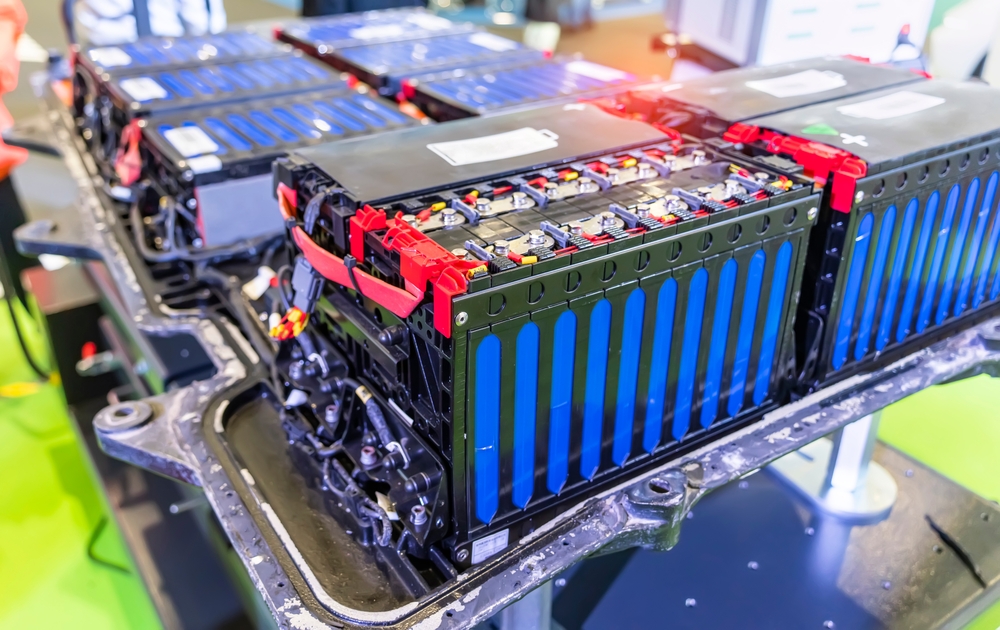
Hybrid cars depend on their high-capacity battery packs to deliver optimal performance. Over time, these batteries degrade, reducing their ability to hold a charge. This leads to decreased fuel efficiency and shorter electric-only driving ranges, with costly replacements sometimes needed every 8-10 years.
Inverter Failures
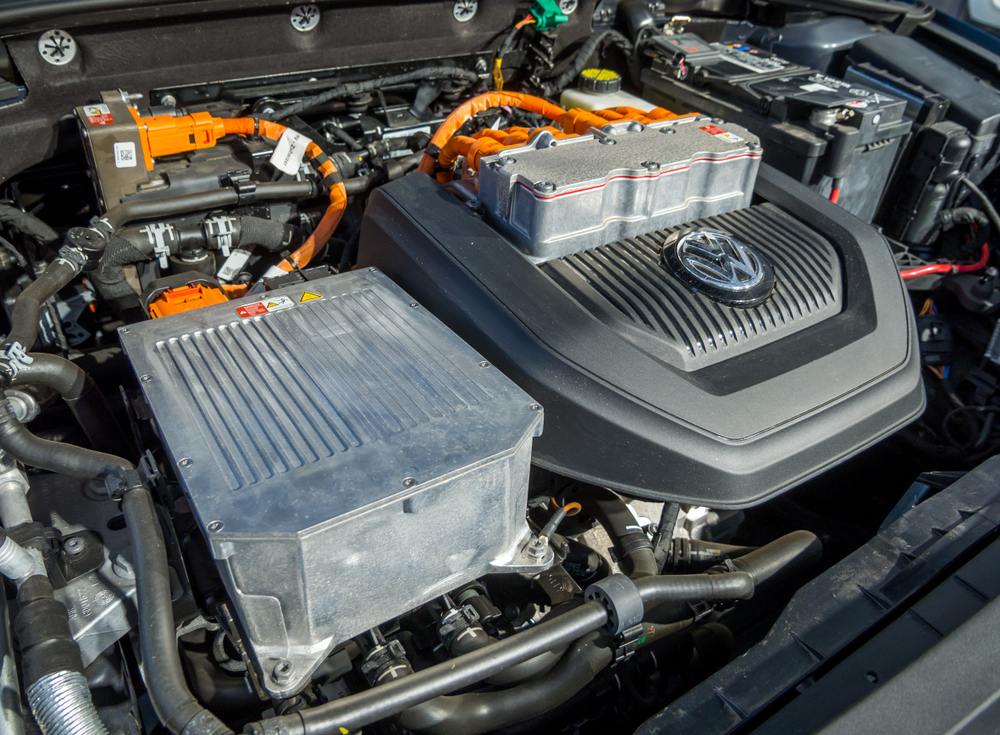
The inverter is a critical component that converts DC from the battery into AC for the electric motor. In many older hybrid models, inverters have a high failure rate. When this occurs, it can result in sudden power loss, requiring expensive repairs that can run into the thousands.
Transmission Problems
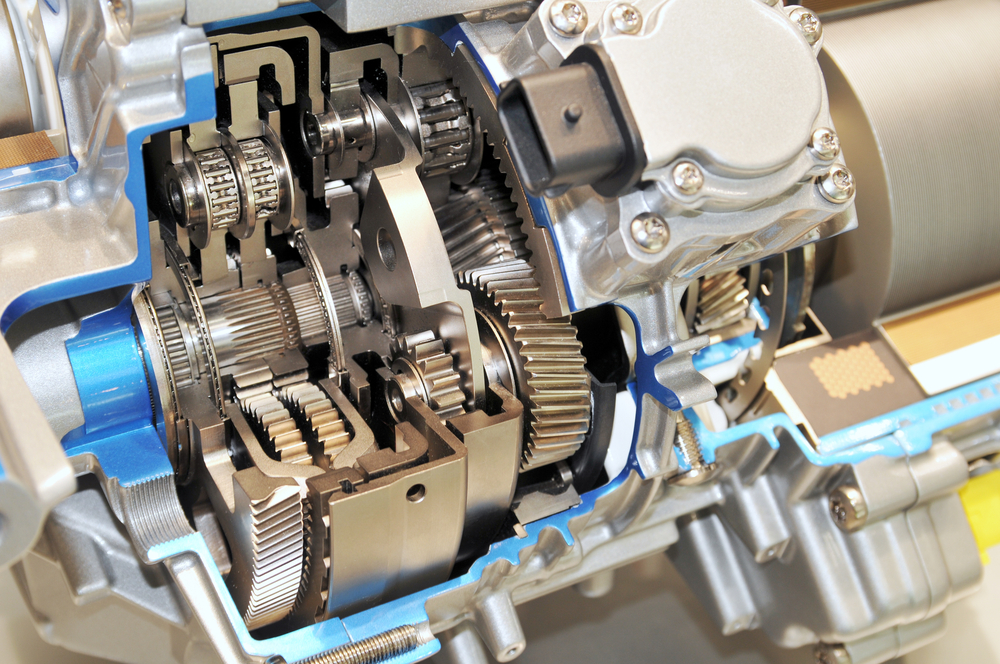
Hybrid-specific transmissions blend the gasoline engine and electric motor’s power, but many models experience early transmission wear. This leads to rough shifts or, in extreme cases, total transmission failure, which demands costly repairs or replacements, making it a common reliability issue.
Brake System Issues
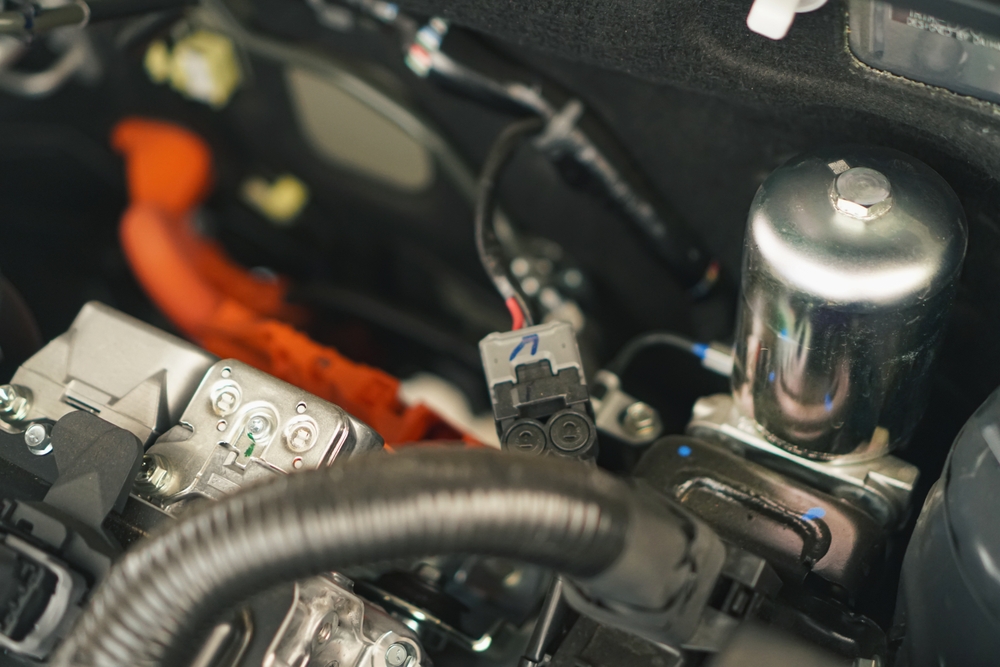
Regenerative braking systems in hybrids can malfunction, resulting in inconsistent brake performance. Drivers may experience jerky stops or reduced braking power, which poses safety concerns. The complexity of these systems makes repairs expensive and time-consuming.
Electrical System Malfunctions
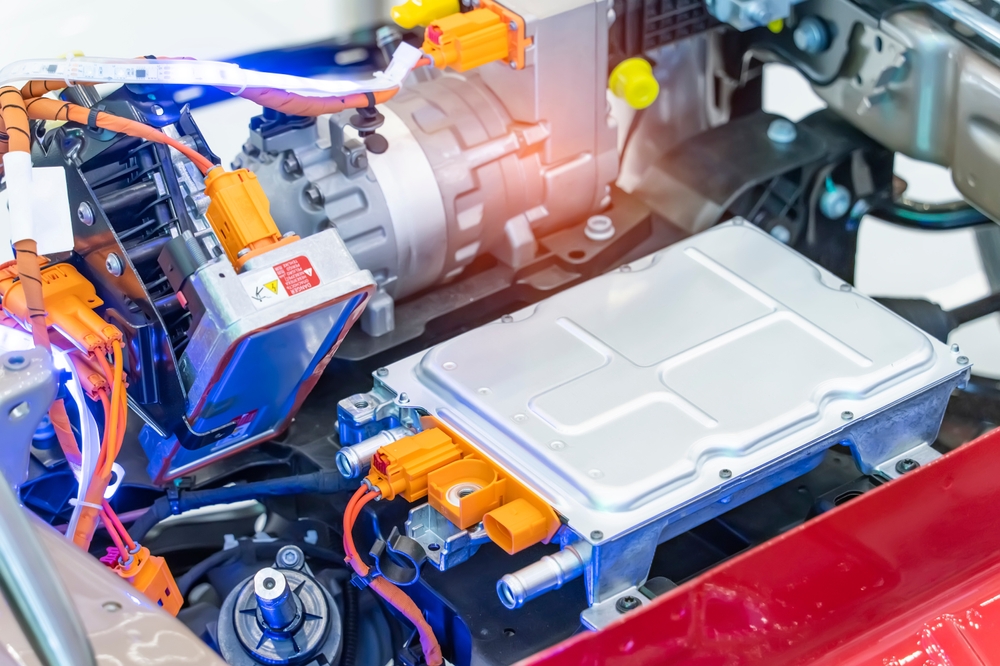
Hybrids have more complex electrical systems than traditional cars, making them more prone to electrical issues. These can include starting problems, power loss, or even complete shutdowns, often requiring specialized diagnostics and repairs that add to the cost.
Excessive Oil Consumption
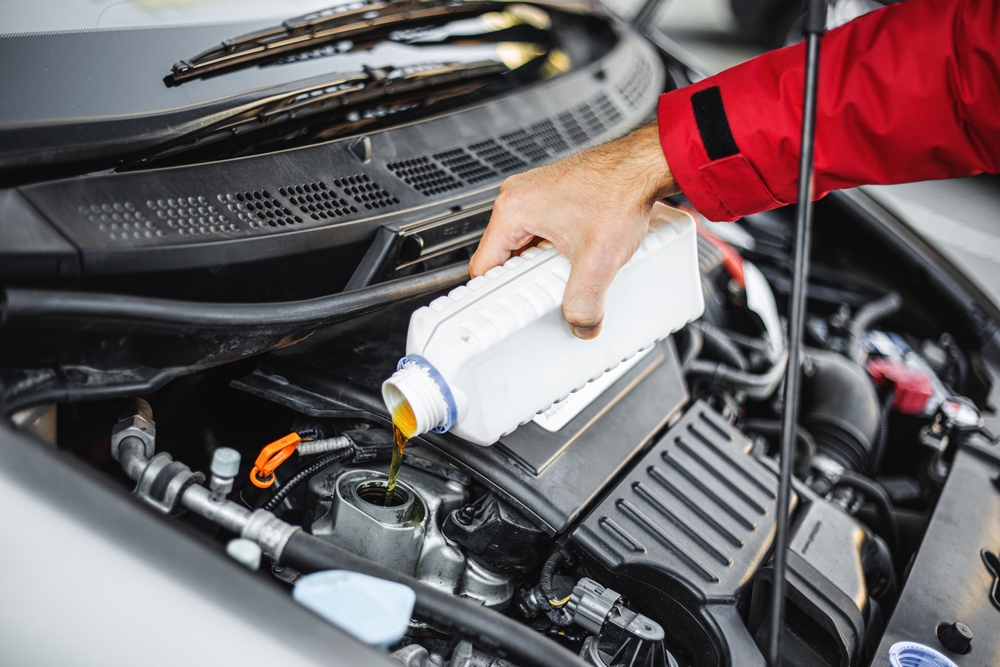
Some hybrid models are known for burning more oil than typical gasoline cars. Excessive oil consumption can lead to engine damage if not monitored closely, forcing owners to frequently top off their oil between services to prevent severe engine problems.
Catalytic Converter Theft
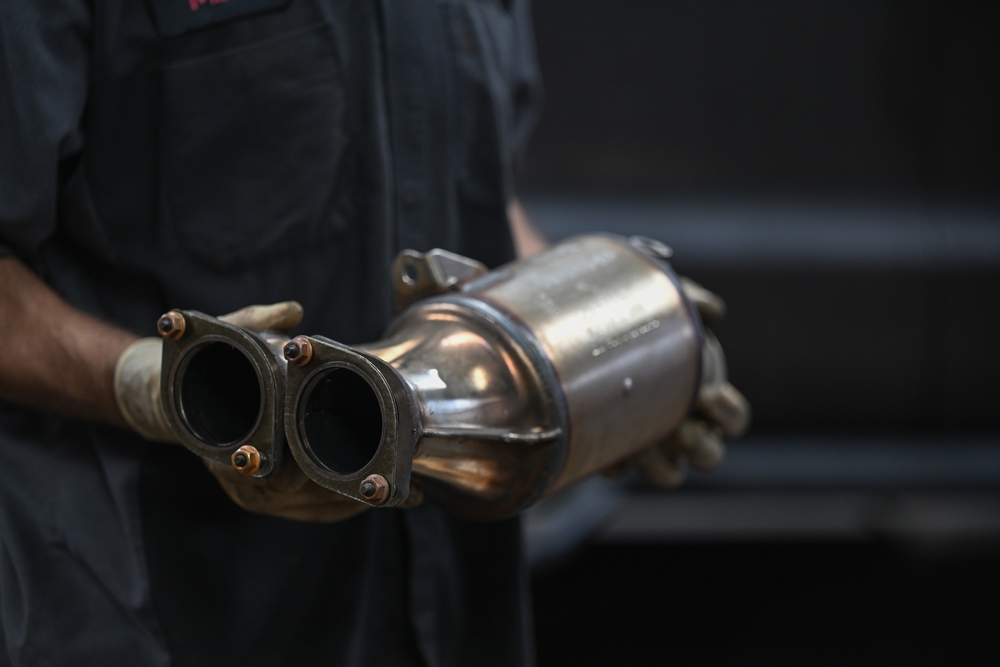
Due to their valuable metals like rhodium and platinum, catalytic converters in hybrid cars are frequent targets for thieves. The cost of replacing a stolen catalytic converter can be as high as $2,000, making this an increasingly infamous issue among hybrid owners.
Software Glitches
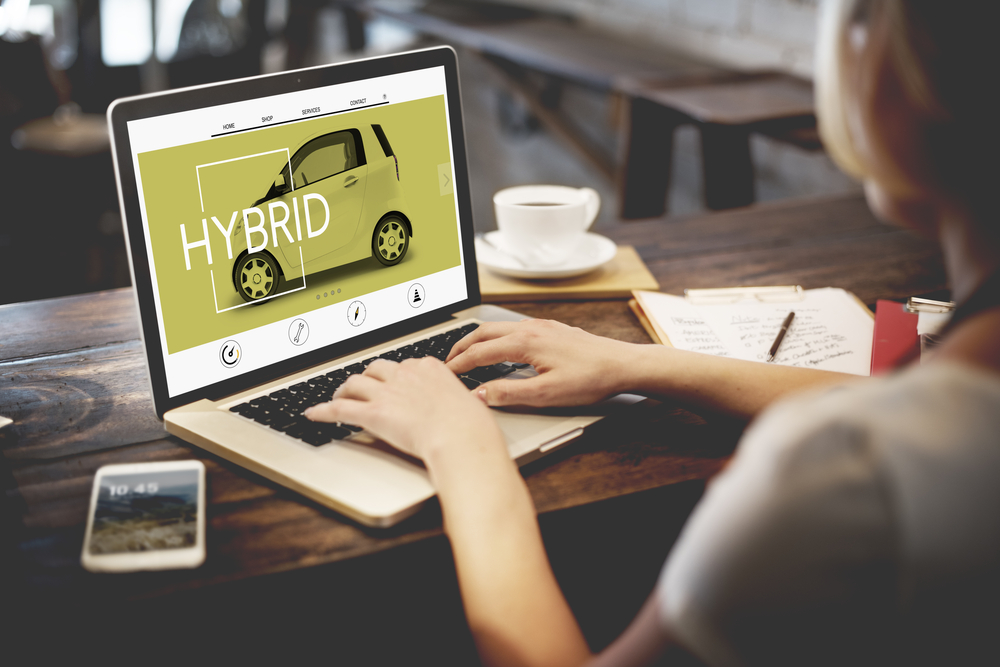
Hybrids rely on complex software systems to manage the interplay between the engine, motor, and battery. Software glitches can cause sudden power losses, activate warning lights, or even disable the vehicle entirely, leading to frustrating and costly repairs.
Water Pump Failures
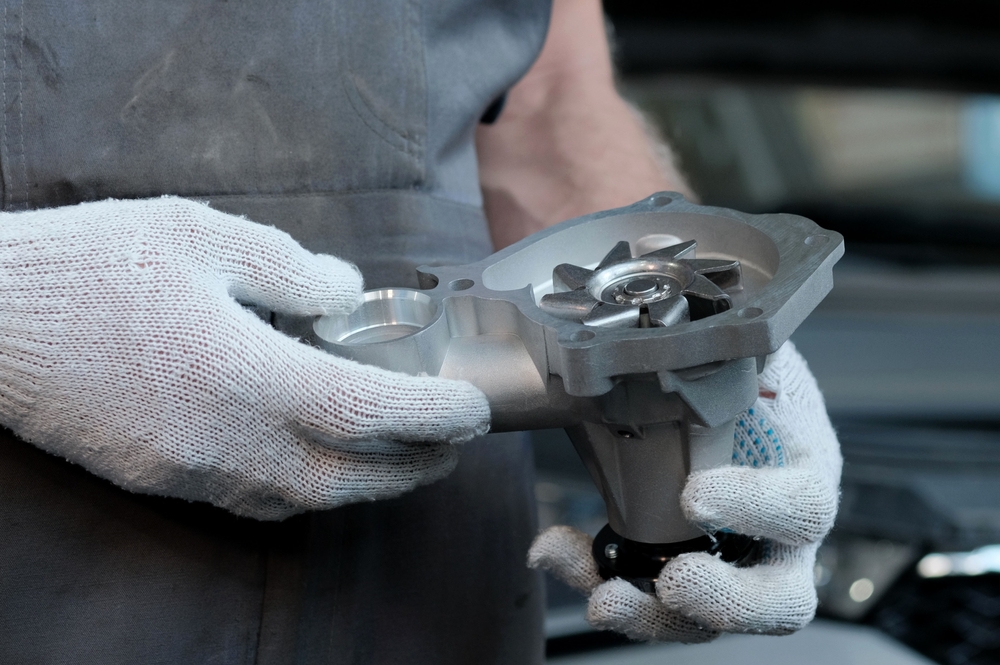
Hybrid water pumps play a vital role in cooling the engine and hybrid system components. Unfortunately, they are prone to early failure, particularly in high-mileage hybrids, leading to engine overheating and expensive repairs to prevent further damage.
Cooling System Leaks
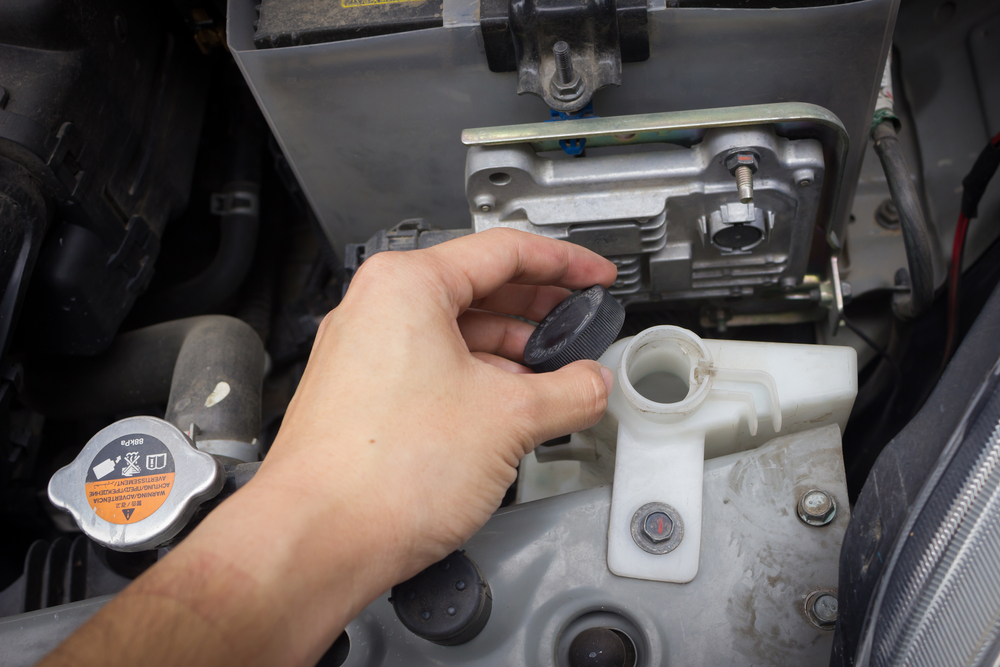
The hybrid cooling system has to manage both the engine and battery. Leaks in the system, especially those affecting the hybrid battery, can cause overheating and shorten the battery’s lifespan. These leaks often require complex repairs and specialized parts.
Air Conditioning System Failures
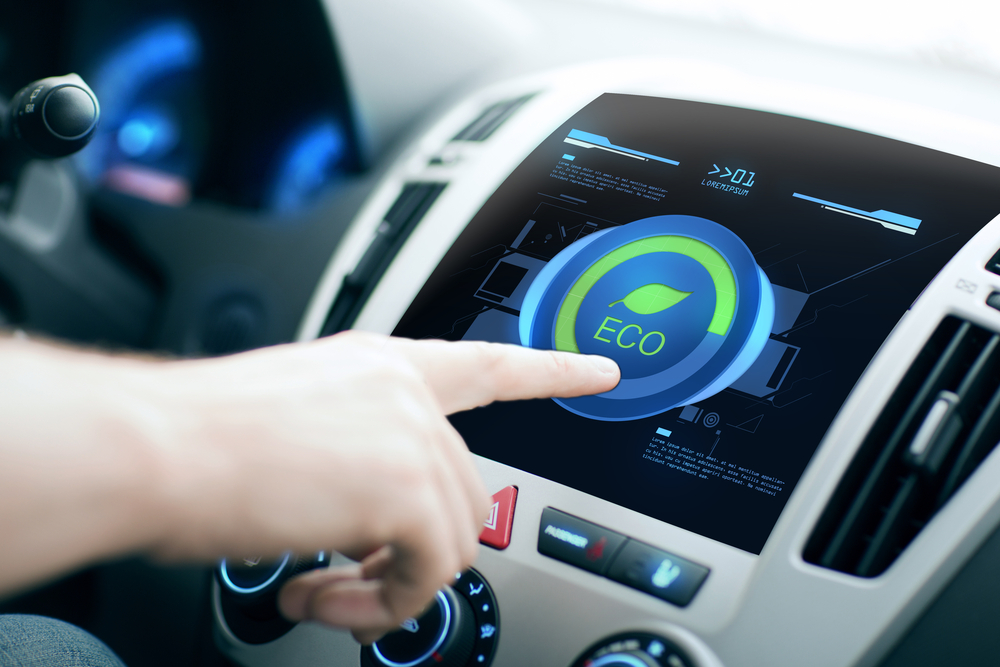
Hybrid air conditioning systems are often powered by the battery, making them more complex than traditional systems. This can lead to higher failure rates, and the cost of repairs is typically higher due to the specialized components involved.
CVT Transmission Woes
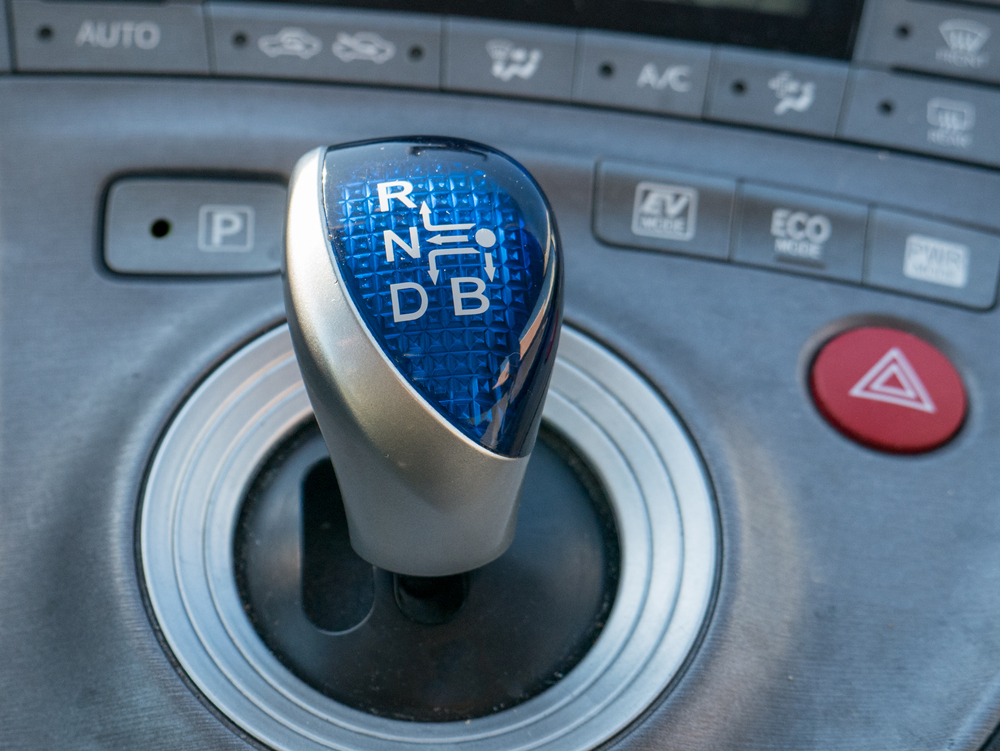
Continuously Variable Transmissions (CVTs) are common in hybrids, but they are notorious for early wear and mechanical failures. CVT issues, such as slipping or rough shifts, often result in expensive repairs or replacements, making this a significant reliability concern.
Suspension Issues
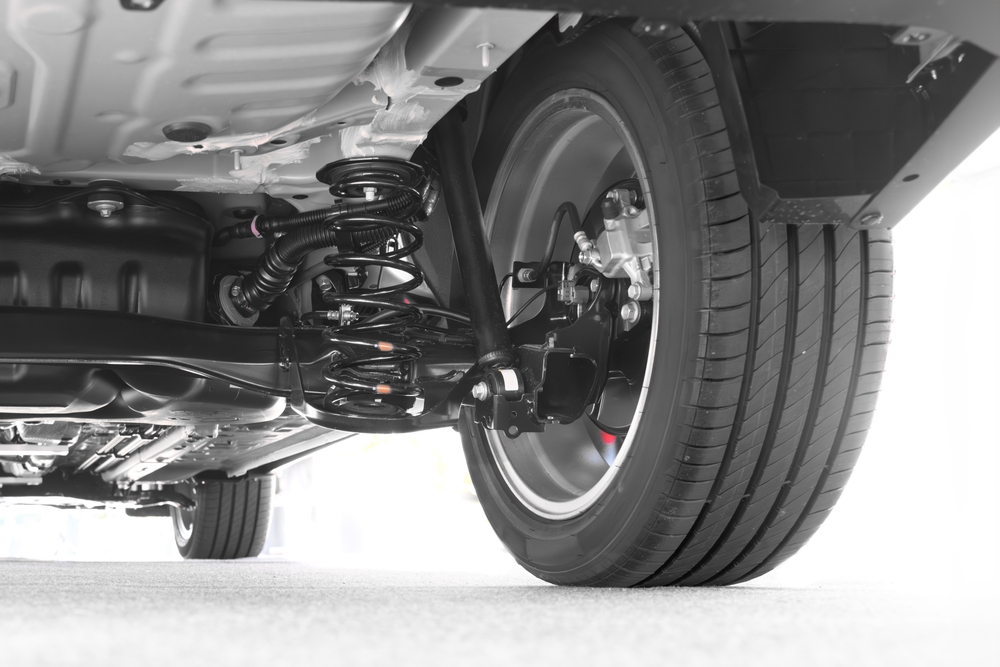
The extra weight of hybrid batteries can put added stress on the suspension system. Many hybrid owners report premature suspension failure, which results in a rough ride and costly suspension replacements that can be avoided only through reinforced components.
Dashboard Warning Light Confusion
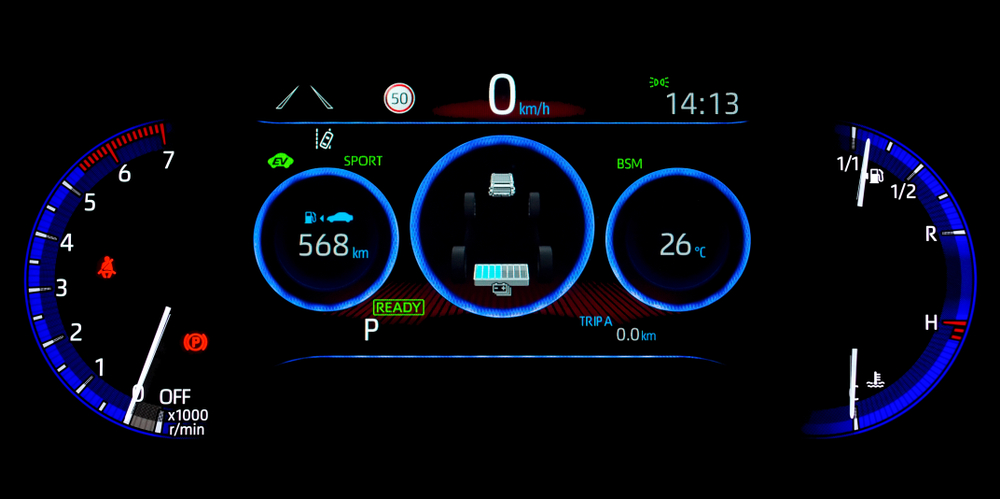
Hybrid vehicles often suffer from multiple dashboard warning lights that can be difficult to diagnose. These warning lights may signal complex hybrid system issues, leading to frequent visits to the dealership for costly diagnostics and repairs.
Poor Cold Weather Performance
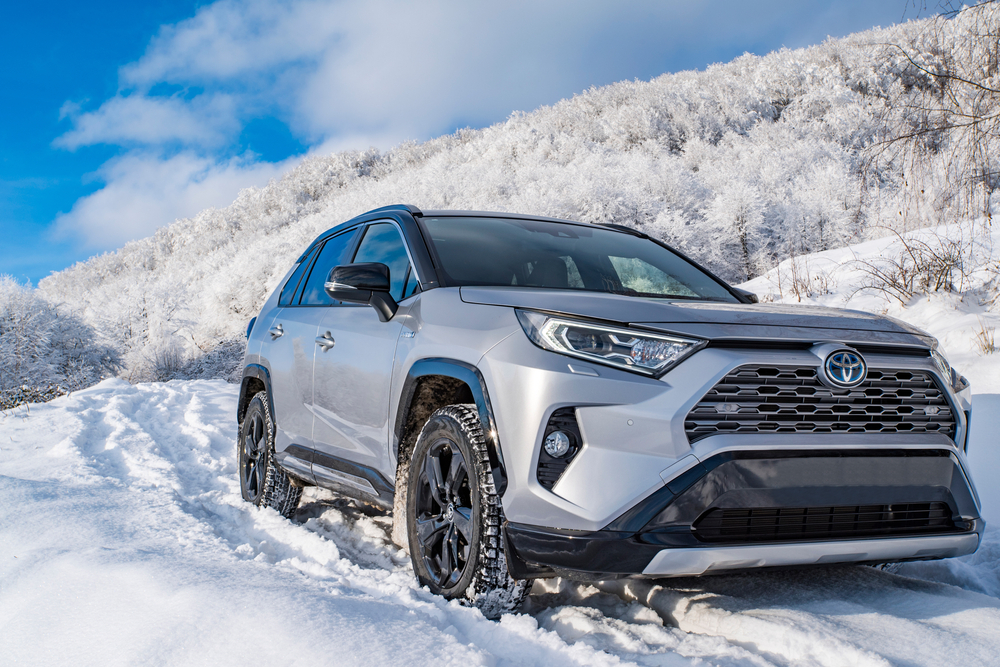
Hybrid batteries are particularly sensitive to cold temperatures, which can reduce their ability to hold a charge. In extreme cold, hybrid cars may experience reduced range, power loss, or trouble starting, making them less reliable in harsh winter climates.
This article originally appeared in MyCarMakesNoise.
More from MyCarMakesNoise
20 Luxury Cars with Surprisingly Affordable Maintenance Costs

Luxury cars are often associated with high maintenance costs, but some models offer the best of both worlds: luxury and affordability in upkeep. Here are some luxury cars with surprisingly low annual maintenance fees, making them excellent choices for those seeking both elegance and cost efficiency. Read More
20 Cars That Don’t Deliver Good Value for Middle-Class Buyers

When choosing a car, it’s important to consider the long-term costs and practicality. Some vehicles, despite their appeal, can be expensive to maintain and own. Here are some cars the middle class should avoid due to high maintenance costs, poor fuel efficiency, and rapid depreciation. Read More
The 20 Most Expensive States for Buying a Used Car

Buying a used car can be a smart financial move, but prices vary significantly depending on where you live. Some states have much higher used car prices due to factors like demand, taxes, and market conditions. Read More

